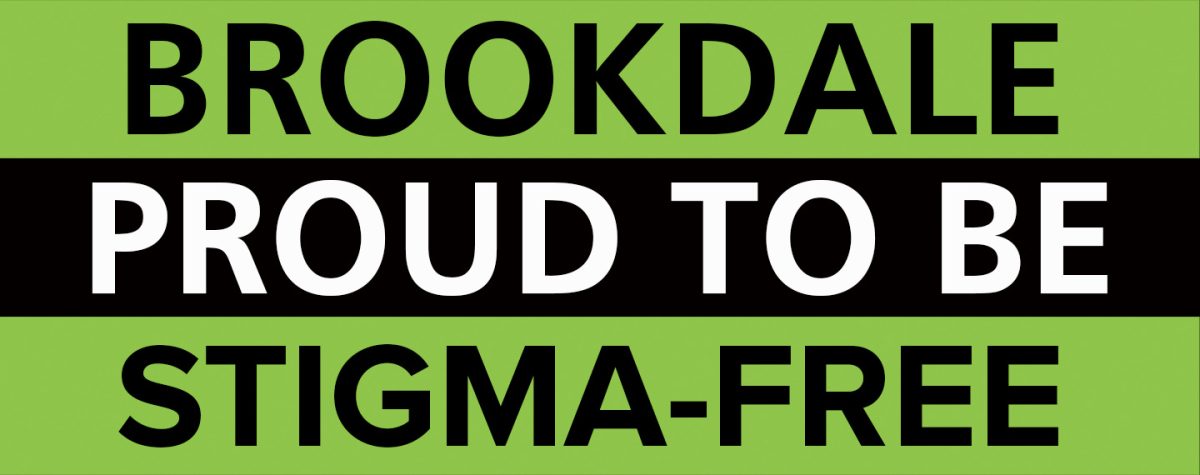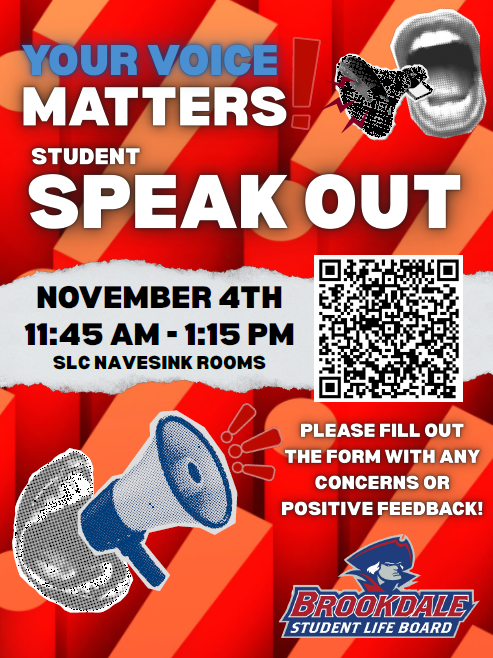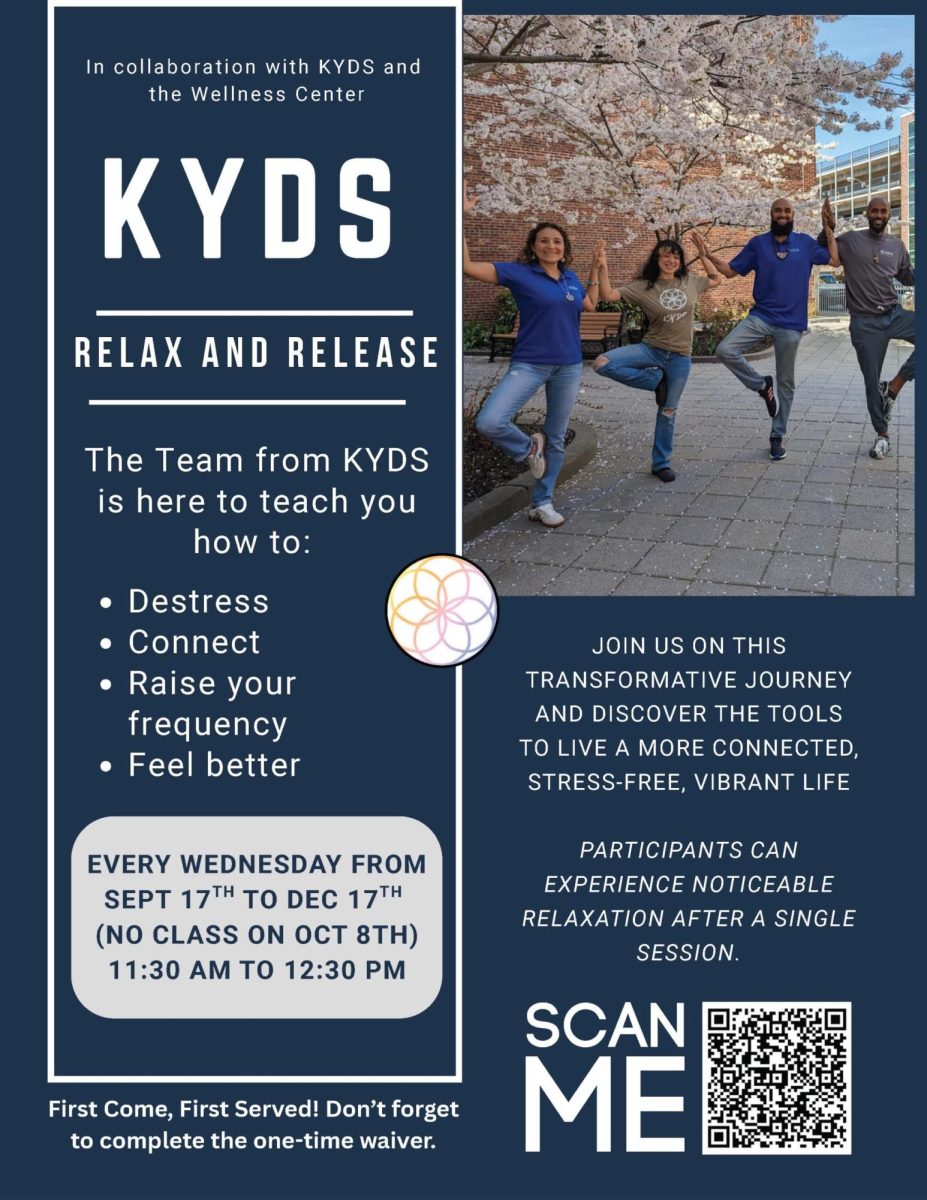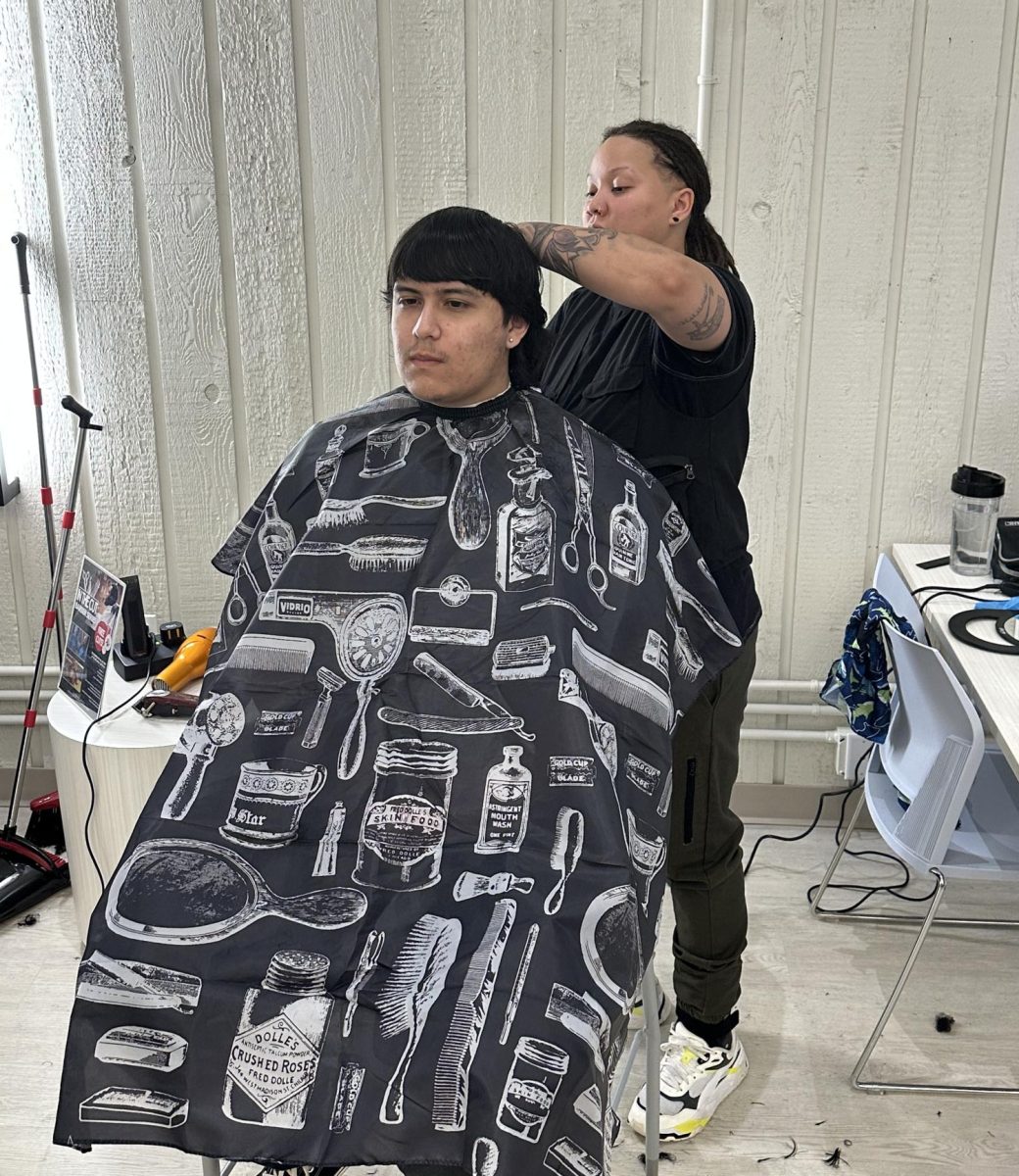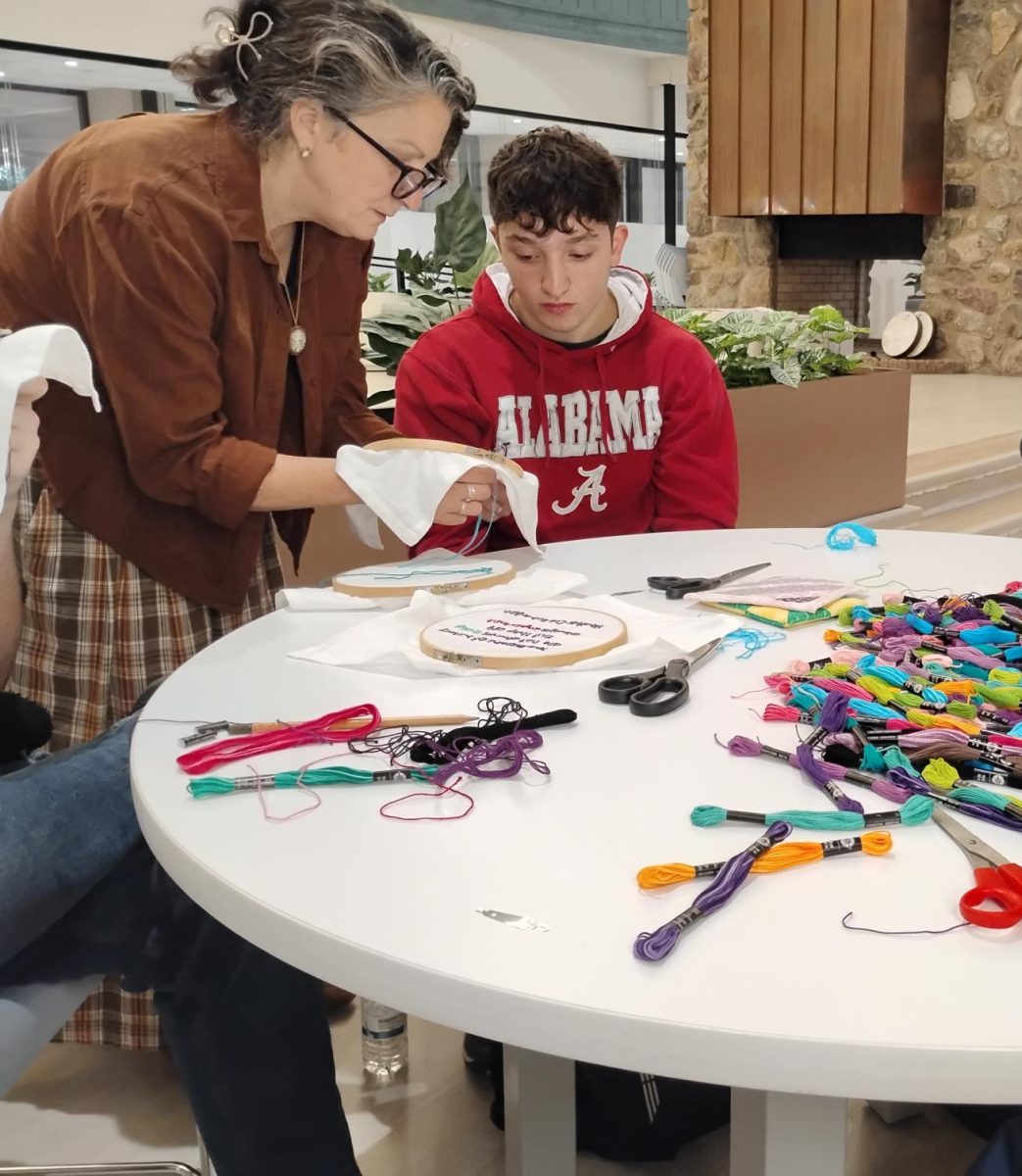Legal Marijuana Is About So Much More Than Getting High
May 19, 2021
New Jersey finally took the initial steps to decriminalize marijuana earlier this year, ending arrests for possession and distribution of small amounts of marijuana. Being under the influence or possession of related paraphernalia is no longer illegal for those over 21.
The new direction has provided hope for social activists that have advocated for a level playing field for all, as minorities have been disproportionately criminalized for possession and use.
Although the state overwhelmingly voted for marijuana legalization, these bill amendments have not come without controversy. Police and elected officials were against provisions in the original legislation that lawmakers passed for New Jerseyans, who overwhelmingly voted for the legalization of cannabis.
The targeted provision limited a law enforcement officer from notifying a parent or guardian if someone under 18 is found with alcohol or up to six ounces of marijuana as a first offense.
Critics were also against eliminating qualified immunity for the officers, exposing them to criminal liability if they conduct searches, even based on the odor of marijuana. Officers and some elected officials stated that their main concern lied with sending the message to kids that it was ok to use marijuana.
Point Pleasant Beach Police Chief Joseph A. Michigan, president of the police chiefs association told the Asbury Park Press, “It guarantees that police will be powerless to investigate and address the use and abuse of alcohol and marijuana, by kids, at our schools, parks, beaches, and other places of public gathering.”
Michigan said, “This legislation turns our kids into innocent collateral damage in the quest for social justice in New Jersey.” The Chief viewed collateral damage, but it was an opportunity to limit interactions for young black and Latino kids with the police since their interactions are disproportionately higher than their white counterparts.
As of the end of March, Governor Murphy signed the bill, ultimately allowing officers to notify parents if their child is found using or in possession of the drug. Yet, many Republican lawmakers feel that police still need more protection.
Senator Declan O’Scanlon told Bloomberg.com via a news release, “Even with this fix to allow appropriate parental notification, the third-degree criminal charge hanging over officers’ heads is enough to discourage anyone from investigating underage possession complaints altogether.”
Supporters of the new laws, specifically Black and Latino lawmakers, asserted that this would limit negative interactions between their communities and the police. This is critical in a time of reckoning where police officers are starting to be held accountable for criminal acts against these communities and the people in them.
This moment could potentially be the start of a reprieve from the generational trauma at the hands of police that has plagued communities of color for generations. The limited interactions could save the life of a young person in one form or another. Let’s take a look at some harsh facts.
New Jersey ranks third in the country for cannabis arrests per capita, with usage equal between blacks and whites. Blacks are disproportionately targeted, being more than three times more likely to be arrested. These arrests over a decades-long fight against cannabis have had no impact on minimizing use but have only created more insurmountable challenges for those charged with possession.
Instead, people are often being arrested for low-level possession, resulting in criminal charges that can affect a person’s ability to obtain financial aid for college, maintain a valid driver’s license, become overburdened with court fees, lawyer bills, the limiting of housing and job opportunities, and can even compromise one’s immigration status.
The impact on these areas can have life-long consequences. Sarah Fajardo, policy director for the American Civil Liberties Union of New Jersey told the Asbury Park Press, “We can only begin to end the racial disparities of marijuana arrests and build a new cannabis market by putting legalization and decriminalization into law. This clean-up bill will help move this process forward. We must ensure that no one is ensnared in a criminal legal system marked by inequities, and that includes young people. We know that a punitive approach causes lasting harms without deterring use, and we believe this legislation takes an important step away from that model.”
The state overwhelmingly voted for the legalization of the drug with what I assume is the mind frame to end arrests. It feels as if police are more concerned about being villanized for actions they haven’t yet been accused of.
Accountability should be for all, and maintaining the protections in the original bill makes it fair and balanced. It’s time to end the weaponization of cannabis and mass incarceration that targets minorities. All measures up until this point have had no overall impact on use, so why is there a new level of concern for police interaction when we already know it won’t work as a general deterrent?
Officers will only face criminal charges if they violate the search guidelines. Minority communities know all too well that the state highly values accountability regarding cannabis use. Why is it different when cops must live with it, too?


